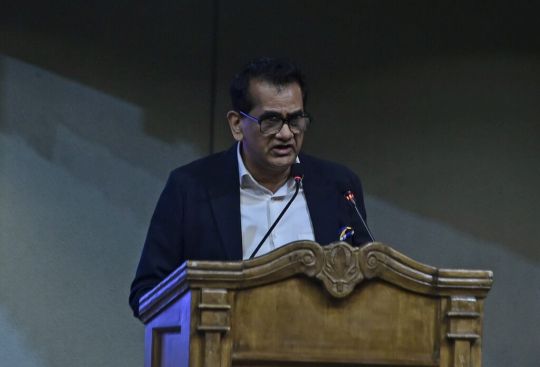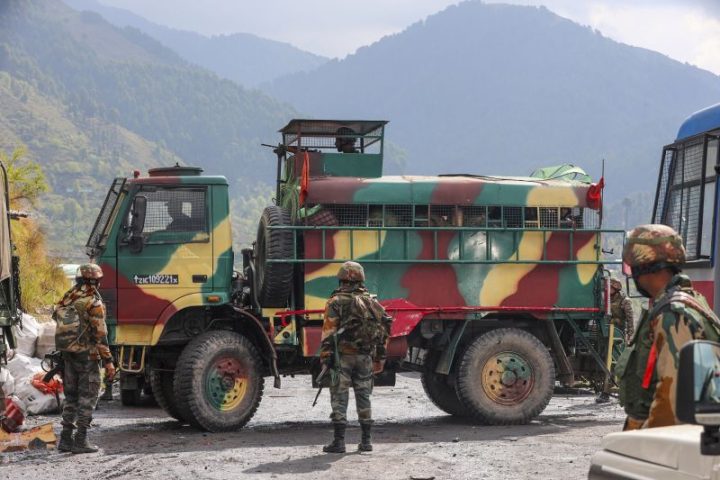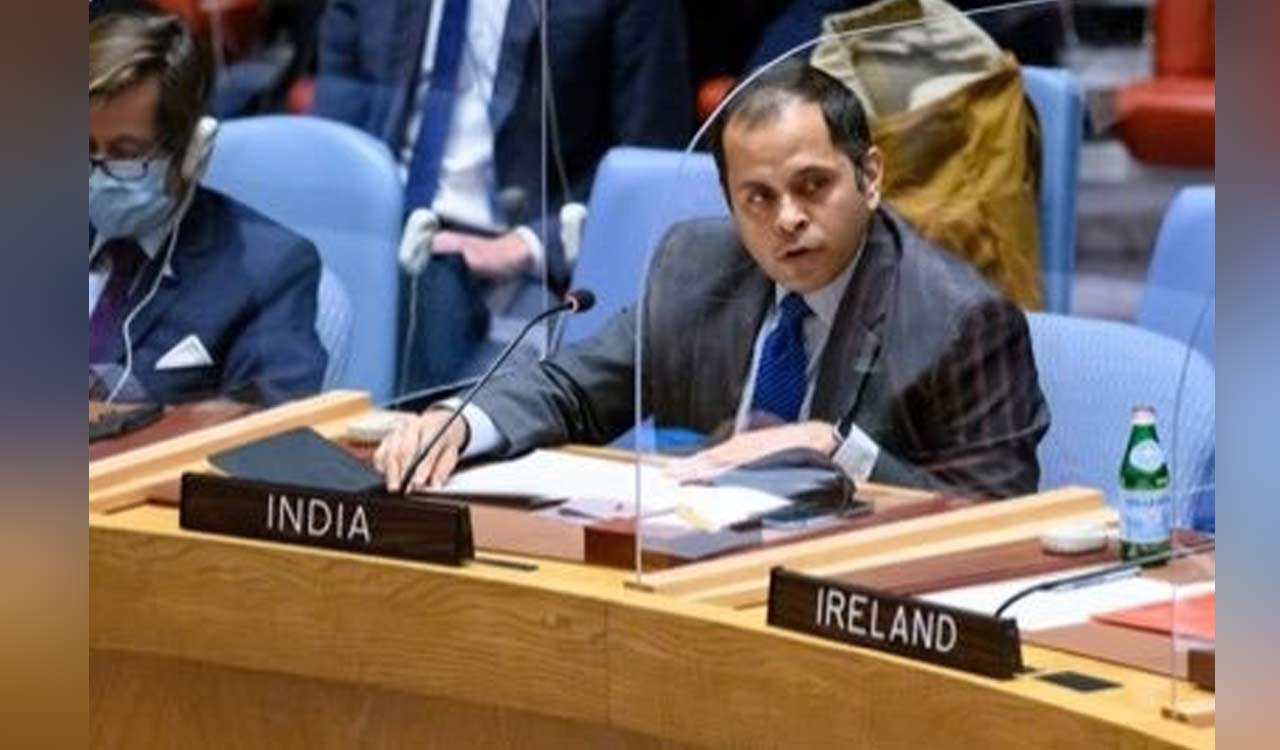By: Ahmad Ayaz
In modern democracies, politicians are compensated with salaries, perks, pensions, and other benefits funded by taxpayers. However, this practice raises questions about the ethical and practical implications of such expenditures, especially when essential public services like electricity and water remain inadequate. This article examines how taxpayers’ money is allocated to political expenses, the impact on public services, and the ethical considerations of public service as a voluntary duty.
THE BURDEN ON TAXPAYERS
TAXPAYERS’ CONTRIBUTIONS
Taxpayers contribute a significant portion of their income to fund government operations, including the compensation and benefits of politicians. This includes salaries, generous pensions, perks such as official residences, vehicles, and extensive security arrangements.
For instance, in India, the salaries and allowances of Members of Parliament (MPs) and their pensions can collectively amount to billions of rupees annually. This allocation often sparks debate, especially when juxtaposed with the dire state of public infrastructure and services. Statistical data from budget reports can highlight the exact proportion of funds dedicated to political expenses, emphasizing the financial burden on taxpayers.
IMPACT ON PUBLIC SERVICE
The diversion of funds to political expenses significantly affects the availability and quality of essential public services. In regions where public services are already struggling, such as Jammu and Kashmir, the impact is even more pronounced. Inadequate infrastructure for electricity (bijli) and water (pani) leaves many citizens without reliable access to these basic needs.
For example, frequent power outages and irregular water supply in Srinagar and other parts of Jammu and Kashmir illustrate the critical need for improved infrastructure. Funds that could be used to upgrade electrical grids, water pipelines, and other essential services are instead allocated to maintaining the luxurious lifestyles of politicians. Real-life examples and anecdotes from affected citizens provide a stark contrast to the comfort enjoyed by their elected representatives.
ETHICAL CONSIDERATION
SPUBLIC SERVICE AS A VOLUNTARY DUTY
The original intention behind public service was rooted in the idea of serving the community voluntarily, motivated by a commitment to the public good rather than personal financial gain. Historically, many political systems envisioned public service as an honor and duty, not a career with extensive financial rewards.
Ethical arguments suggest that politicians should not receive extensive financial benefits. The notion that public service should be voluntary is based on the principle that those who seek office should be driven by a desire to serve the public, not to enrich themselves. By reducing or eliminating financial incentives, the focus can shift back to genuine public service.
PUBLIC PERCEPTION AND TRUST
The lavish lifestyle of politicians erodes public trust and widens the gap between elected officials and ordinary citizens. When politicians enjoy extensive perks and privileges, it creates a perception that they are disconnected from the daily struggles of the people they represent.
This disconnect is evident in the frustration expressed by citizens who struggle with basic needs while observing the opulence afforded to their leaders. The perception of inequality and unfairness can lead to disillusionment with the political system, reducing civic engagement and trust in democratic institutions.
Addressing the ethical and practical implications of political compensation requires a fundamental shift in how we view public service. By reducing or eliminating financial benefits for politicians, we can redirect funds to essential public services, improving the quality of life for citizens and restoring trust in our political institutions. Ultimately, public service should be about serving the people, not about personal gain.
(The author is a social activist, political analyst, and national TV debater. The views expressed are his own and can be reached at [email protected])

Kashmir Images is an English language daily newspaper published from Srinagar (J&K), India. The newspaper is one of the largest circulated English dailies of Kashmir and its hard copies reach every nook and corner of Kashmir Valley besides Jammu and Ladakh region.
















